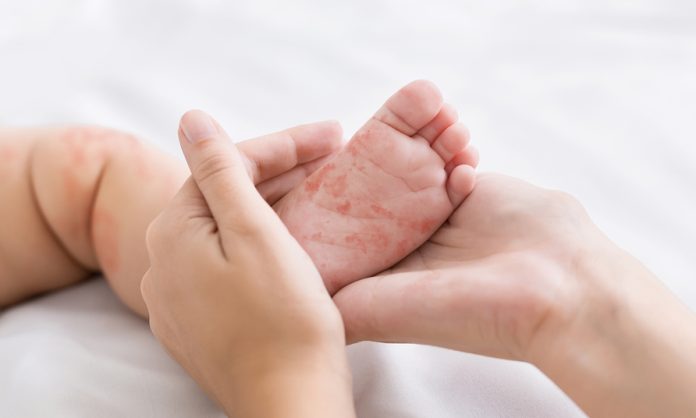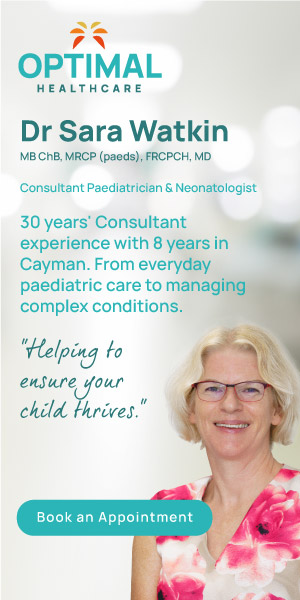Just 3 years after being declared measles-free by the World Health Organisation, UK has lost that status, prompting Prime Minister Boris Johnson to order urgent action.
WHO defines measles elimination as the absence of circulating measles, in the presence of high vaccine coverage, along with good systems to identify cases of the disease. In countries that have eliminated measles, measles can still occur, but these will be isolated cases that only have limited spread within the community. That spread is limited because of so few susceptible hosts.
The UK initially achieved WHO measles elimination status in 2017, based on data from 2014-2016.
However, in 2018, there was a marked increase in the number of confirmed measles cases, with 991 confirmed cases in England and Wales, compared with 284 cases in 2017. Furthermore, the same strain of measles virus (called B3 Dublin) was detected for more than 12 months across 2017 and 2018. Based on this, WHO determined that the UK could no longer be consider as ‘eliminated’ and that transmission of measles had been re-established.
Percentage of Children Vaccinated Against Measles, England, 2007 to 2018. Source: NHS Digital
Red: MMR 2 Doses by 5 Years of Age
Green: MMR 1 Dose by 2 Years of Age
Black: MMR 1 Dose by 5 Years of Age
Herd immunity plays an important role in protection. That occurs when 95% of a population is vaccinated and consequently, 95% is one of the targets set by the WHO for a country to be deemed as measles-free. As you can see from data from NHS Digital, having obtained that threshold based on data from 2014-16, the period 2017-2018 saw vaccination rates fall below that in all three measures.
On why the UK is losing this hard-earned ground, Professor Helen Stokes-Lampard, Chair of the Royal College of GPs, said: “We are still suffering from the now entirely debunked MMR scandal of the nineties, and it is potentially disastrous that, as a result, so many young people are now susceptible to serious, often life-threatening infectious diseases, such as measles, that we could have completely eradicated in this country if this had never happened.”
England Health Secretary, Matt Hancock, commented: “It’s easy to forget how devastating measles can be, precisely because vaccines are so effective at preventing it in the first place.”
- About 1 in 5 unvaccinated people in the US who get measles end up being hospitalised.
- As many as 1 out of every 20 children with measles gets pneumonia, the most common cause of death from measles in young children.
- About 1 child out of every 1,000 who get measles will develop encephalitis (swelling of the brain) that can lead to convulsions and can leave the child deaf or with a learning disability.
- Nearly 1 to 3 of every 1,000 children who become infected with measles will die from respiratory and neurologic complications.
- Measles may cause pregnant women who have not had the MMR vaccine to give birth
prematurely, or have a low-birth-weight baby.
We asked the paediatric team at Integra Healthcare Ltd for a more local perspective on this global problem.
Dr Sara Watkin, Specialist Paediatrician & Neonatologist, recalls her pre-vaccine experiences.
“Whilst I was training, I saw first hand the effects of this horrible disease, visiting paediatric wards with infants suffering from measles, many in huge discomfort and some of whom didn’t make it home at all. Back then, it wasn’t preventable but it is now. As a paediatrician, you never want to be in the position of breaking that bad news to parents from something that is preventable with a safe, effective vaccine. It was devastating enough in the UK but we are a much smaller, close-knit community here in Cayman. It would be felt by everybody”
We asked Dr Jasmina Marinova, Dr Watkin’s paediatric colleague, why she felt vaccination wasn’t universal.
“When we trained, measles was commonplace and everybody knew somebody who had suffered badly. Because we have been so successful at reducing it, you now have lots of parents who have never really been exposed to it and so it seems like a small problem. Then you get something like the suggestion that vaccines aren’t safe and suddenly people start questioning whether it matters if their child isn’t vaccinated. That allows measles to start winning again and before long it’s affecting or taking the lives of children once more.”
Drs Watkin and Marinova are very firm in their belief that the MMR vaccine is not only safe but a vital part of protecting children. They confirm their own children had it and that they’d do the same today without hestitation. Dr Watkin finished by saying:
“The WHO data confirms that measles resulted in 110,000 deaths in 2017. The majority of these occured in communities with low vaccination rates. In the US, prior to the introduction of the vaccine, measles caused around 450 to 500 deaths each year, many in children. It’s a preventable disease and we must always remember that.”




